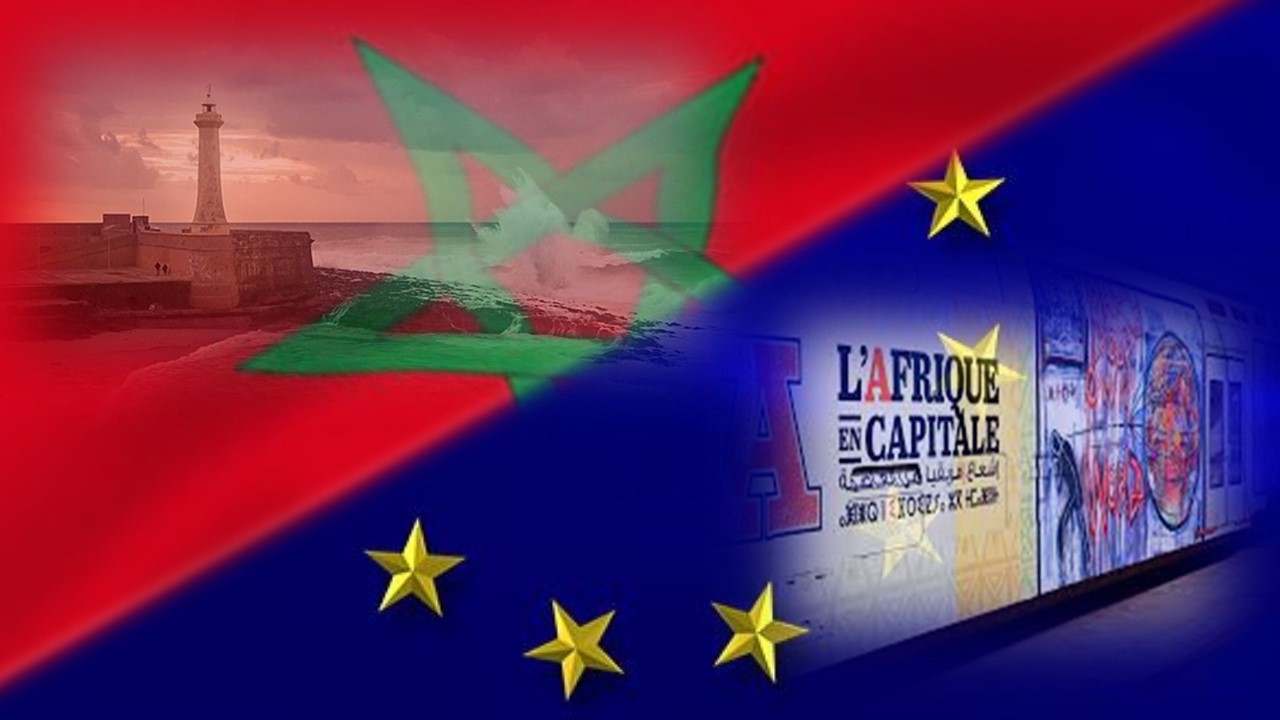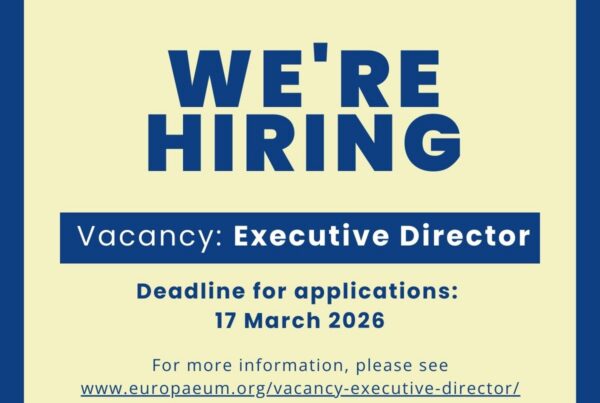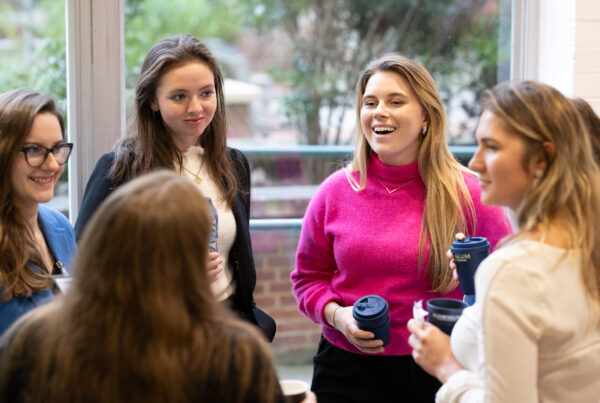
The Maghrib Between Europe and Africa
8-10 March 2023 | Netherlands Institute Morocco, Rabat
Is this for you?
Are you interested in European-African diplomatic, economic and cultural relations? How can historical relations between Europe and Africa illuminate contemporary issues? What role does Maghrib place in migration patterns and the move towards a green transition?
This Winter School offers a truly multi-disciplinary approach, to hear from experts and contribute your own thoughts. Applicants must be studying towards a master’s or doctorate and must be attending a university that is a member of the Europaeum network.
A Europaeum Winter School in collaboration with the Leiden University’s Netherlands Institute Morocco (NIMAR) and the African Studies Centre Leiden.
Content and approach
For millennia the Maghrib has been a region connecting Europe and the rest of Africa, for example as part of the Greek, Phoenician, Roman, Byzantine, and Arab expansions. During the twentieth century French, Spanish and Italian colonialism stressed the European dimension by referring to the Pax romana. French, and to a lesser extent Spanish and Italian, have become important languages of communication and offered cultural models. During recent decades the modern nation states of the Maghrib, especially Morocco, have increasingly turned to the southern part of the African continent to further their economic and political interests. At the same time the Maghrib countries have become important zones of transit for Subsaharan migrants on their way to Europe. Asian countries, notably China, Japan and Korea, are showing an increased interest in the region, with its rich fishery grounds and other natural resources, and strategically situated ports. Studying the Maghrib is therefore important for our understanding of many important contemporary societal and policy issues, such as migration, security, the development of the European market and off-shoring, sustainable development and energy, as well as a longue durée understanding of Europe’s global connections.
Co-organised by the Europaeum and the University of Leiden’s Netherlands Institute Morocco (NIMAR) and African Studies Centre, this Winter School will bring together a scholars from several disciplines. Confirmed speakers include Professor Mayke Kaag (University of Leiden), Professor Mohamad Mahmoud Ould Mohamedou (Graduate Institute, Geneva), and Professor Michael Willis (University of Oxford).
We invite applications from master’s and doctoral candidates at Europaeum member universities working within Humanities and Social Science disciplines who wish to either just join the discussions or present a 15 minute paper based on their research. We especially welcome proposals for papers addressing the theme of paradigm shifts in relation to the following topics:
- the Maghrib as a historical and contemporary contact zone between Europe and Africa
- historical and contemporary diplomatic, economic, and/or cultural relations between the Maghrib and Europe
- the place of the Maghrib in migration patterns to and from Europe
- European-Maghrib security relations
- the role of the Maghrib in sustainable development and the transition to renewable energy
Participants will join lively working groups during the event. Those not presenting a paper will be allocated a role as discussant to kick-start Q&A sessions following on from presentations.
Successful applicants will be provided with free accommodation and reimbursed reasonable travel expenses.
Applications should include the Europaeum application form, a brief CV, a statement of purpose (up to 500 words), and a reference letter from their supervisor or academic advisor. Those who wish to submit a paper should also add a short abstract of the proposed paper (up to 500 words). For more information about how to apply visit: https://europaeum.org/programmes/events-activities/
Deadline for submission of applications and abstracts: 11 January 2023
All submissions should be sent to office@europaeum.org
Who can apply
We welcome applications from master’s and doctoral students from within the Europaeum network who wish to either present a 10 to 15-minute paper or contribute to the discussions. Participants will be given pre-event reading materials and join lively working groups during the event. Those not presenting papers will be asked to take an active role in discussing the papers.
How to apply
Please read the full details in the Guidance for Applicants page before applying. You will need to submit the following documents – all in English – to office@europaeum.org by the deadline.
- a completed application form
- a CV
- a statement of purpose (max 500 words) giving details of your academic interests and what you would expect to gain from attending this event. Applicants who do not wish to present a paper are encouraged to demonstrate strong affinity with the topic.
- a reference from your supervisor or academic advisor
- a title and abstract (up to 500 words) if you are proposing to present a paper
Queries
The Guidance for Applicants page should answer most queries. If not, Michael or Lily at office@europaeum.org will be happy to help.



